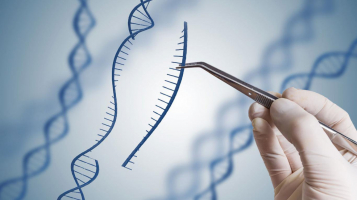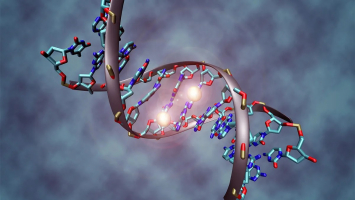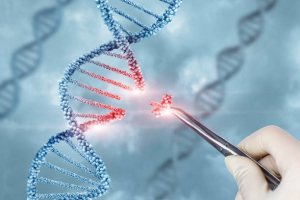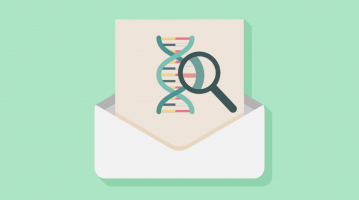Top 8 Things DNA Tests Can Tell You About Your Nutrition
Genetics can influence our weight, food preferences, tolerances, disease risk, and metabolism, among other things. In turn, what people eat can have an impact ... read more...on DNA and how it functions. That means that some commercially available home DNA test kits can provide useful information to help you understand your personal nutritional needs and, ultimately, make changes that can improve your health. In this article, Toplist will list the things DNA tests can tell you about your nutrition.
-
According to research, at least 13 genes are involved in the three main components of fitness: cardiovascular fitness, muscular strength, and anaerobic power. One example is your genetic proclivity for fast-twitch versus slow-twitch muscle fibers, which influences whether you excel at sprinting and muscle building or endurance sports.
Apparently, your genetics can influence up to 50% of your ability to succeed in one type of training or another, implying that the remaining 50% can be influenced by your diet and training approach. So getting a DNA test could help you focus your workout on the training that will be most effective for you.
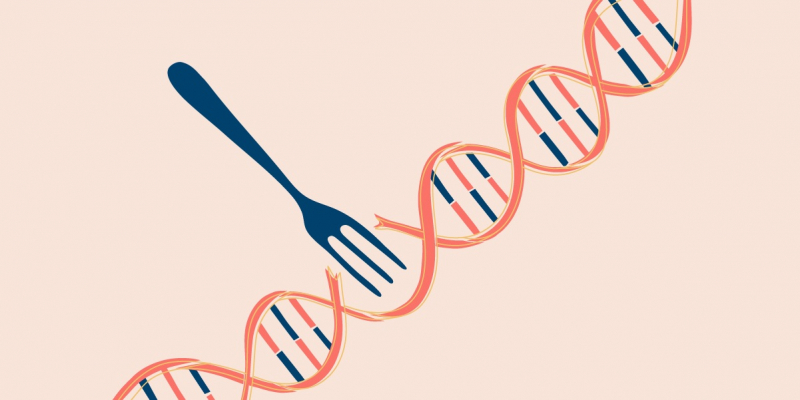
What kind of exercise you should be doing 
What kind of exercise you should be doing -
Lactase, an enzyme found in milk, aids in the digestion of lactose, a carbohydrate. Lactase production in many people stops after they stop drinking mother's milk, and those people will be unable to consume milk products without experiencing digestive problems. Others continue to produce lactase as adults and can drink milk without difficulty.
It turns out that your ability to produce lactase is at least partially genetically determined, and a test could reveal your status. Northern Europeans, or people of Northern European descent, are more likely to be "lactose persistent" and produce lactose in their adult years.

How dairy affects your digestive system 
How dairy affects your digestive system -
Alpha-amylase, an enzyme found in saliva, breaks down starch. Some people are genetically predisposed to produce a lot of alpha-amylase, while others are not—all based on variations in the AMY1 gene. If you have more alpha-amylase, your body will break down starches more efficiently, which means you will be less likely to gain weight or have a high BMI (BMI). A genetic test should be able to tell you whether starches will be harmful to you more than the average person.
Some DNA tests are designed to provide information about how your body processes food and genetic influences such as this one that may affect your metabolism and eating habits. Don't be concerned if a genetic test reveals that you are more likely than the average person to gain weight. You can still lose weight and stay healthy by following some of these science-backed diet plans.
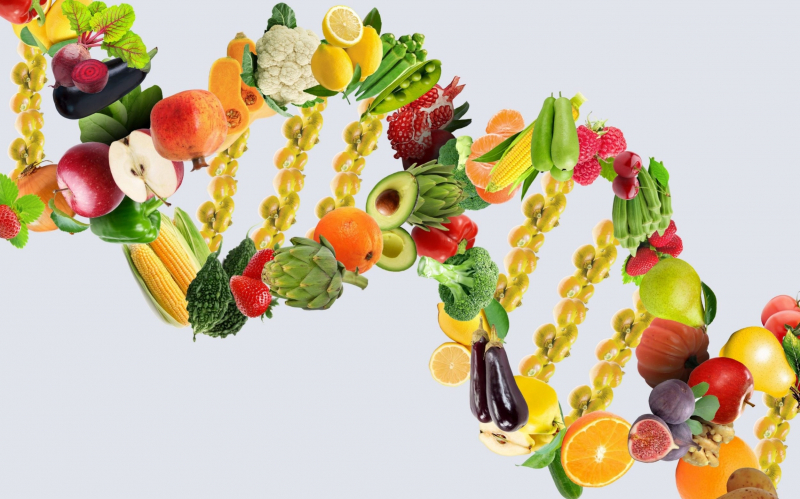
Your metabolic response to starch and risk of obesity 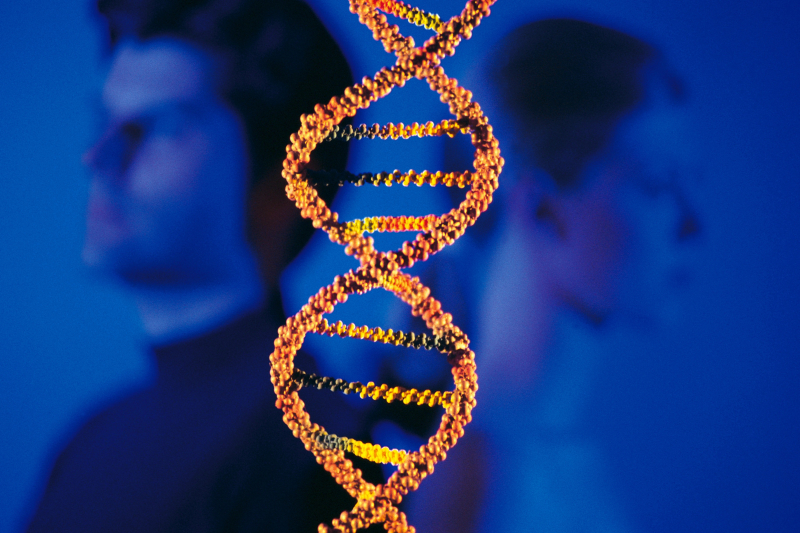
Your metabolic response to starch and risk of obesity -
There is evidence that, in the same way, genetic variants can cause vitamin deficiencies, vitamin deficiencies can cause DNA damage and an increased risk of certain cancers. Deficits in iron, zinc and the vitamins folate, B12, B6, and C have been linked to an increased risk of cancer.
LetsGetChecked and other at-home DNA kits can tell you if you have a vitamin deficiency that you should be aware of. Your doctor can advise you on which foods to eat and which supplements to take to reduce your risk. You should eat these supplement foods to balance your nutrition and protect your health as well as prevent vitamin deficiency that may happen.
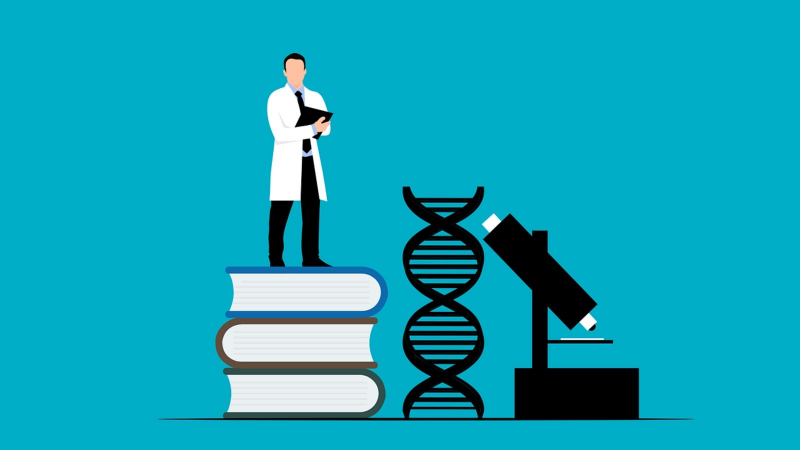
Your likelihood of developing certain diet-related cancers 
Your likelihood of developing certain diet-related cancers -
MTHFR is an abbreviation for methylenetetrahydrofolate reductase, which is a common genetic mutation. People who have this mutation are more likely to develop certain health problems, such as ovarian cancer, and it generally impairs the body's ability to process folate and other B vitamins.
Surprisingly, the MTHFR mutation has the potential to affect your body's response to platinum-based chemotherapy. This variant is available for testing through the 23andMe DNA testing service. If you are diagnosed with it, dietary supplementation or eating foods high in folate may help reduce your risk.
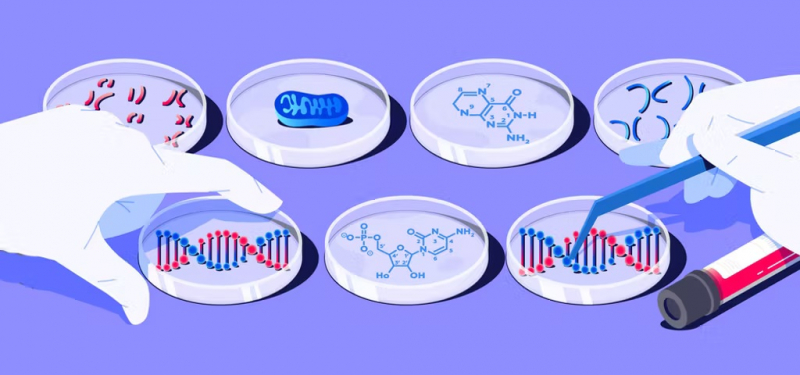
Whether you’re at risk from MTHFR 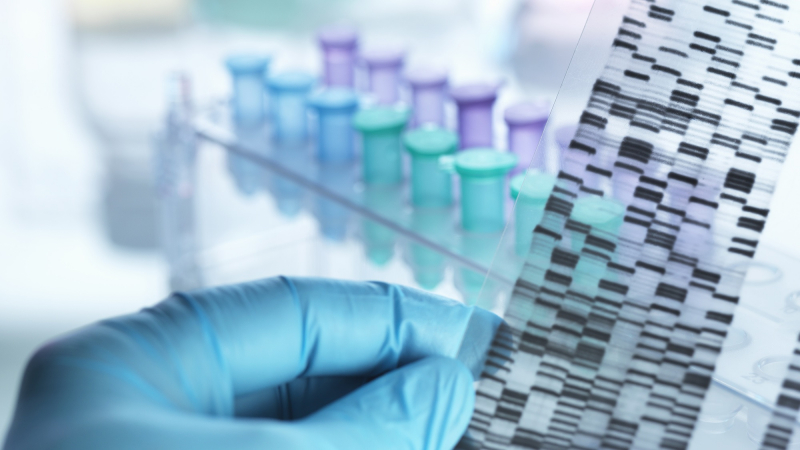
Whether you’re at risk from MTHFR -
Hypercholesterolemia is a condition that causes extremely high cholesterol levels and increases your risk of developing early coronary artery disease (before the age of 50), having a heart attack, or having a stroke. Familial hypercholesterolemia (FH) is an inherited form of this condition that affects about 1 in 250 people. It is caused by changes in three genes that are inherited.
Unfortunately, only about 10-20% of people with FH are aware of their condition, so genetic testing for FH may be a good idea if a family member has hypercholesterolemia or your doctor suspects you do. This will help them find out the problem and solve it as soon as possible.

Whether you are likely to have problems with cholesterol and heart disease 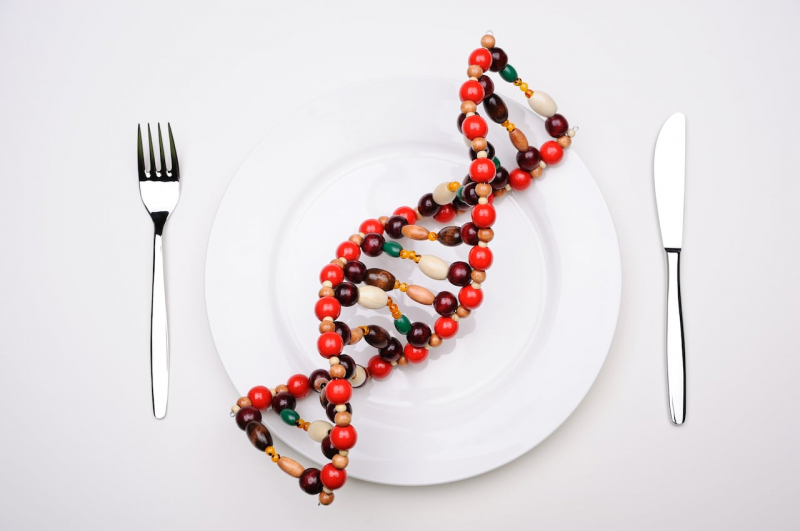
Whether you are likely to have problems with cholesterol and heart disease -
Diabetes has a strong genetic component as well as a strong environmental component. The heritability of type 1 diabetes is estimated to be around 30%, while the genetic component of type 2 diabetes ranges between 20% and 80%.
FuturaGenetics provides a home DNA test kit that screens for 30 different conditions, including the gene mutation that causes type 1 and types 2 diabetes. If you are discovered to be predisposed to diabetes, speak with your doctor about more intensive monitoring and a healthy lifestyle plan to help prevent its development. This will help you have a healthier life.

Your risk of developing diabetes 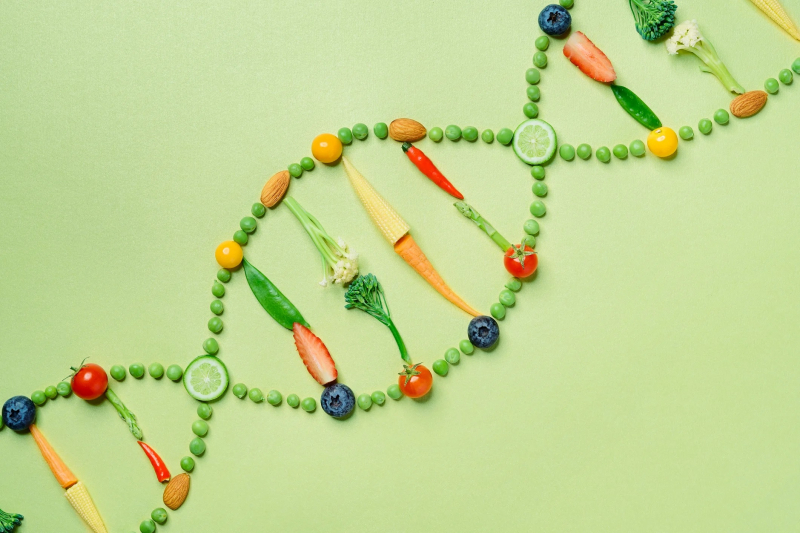
Your risk of developing diabetes -
Many factors influence food preferences, including age, parental feeding practices, and society and culture. They are also influenced by genes. Not only can genetic make-up predict food preferences and tolerances, but it can also predict the perceived intensity and taste of things like sugar, salt, and bitter flavors.
Genetics, in fact, accounts for up to 30% of the variation in how people perceive sweetness. There is a gene variant that causes people to consume more sodium than people who do not have the variant and another that causes people to be unable to taste bitter substances. There is even a gene variant that influences our sensitivity to the flavor of fat. While knowing how you experience different tastes may not be the most important thing to learn about your health, it may be useful if you want to limit your salt intake. It's also interesting to learn about your own body.

How strongly you taste specific foods 
How strongly you taste specific foods











